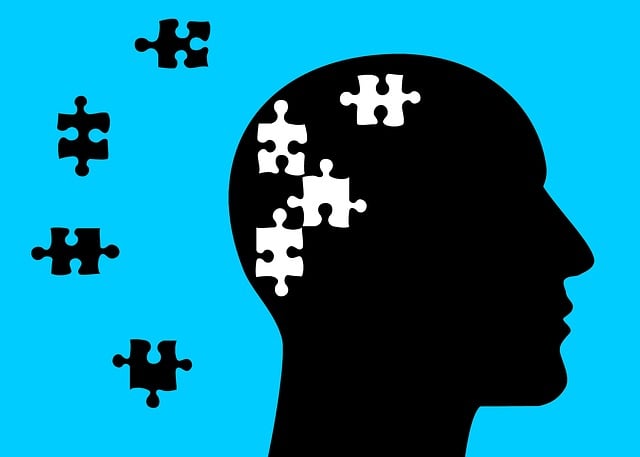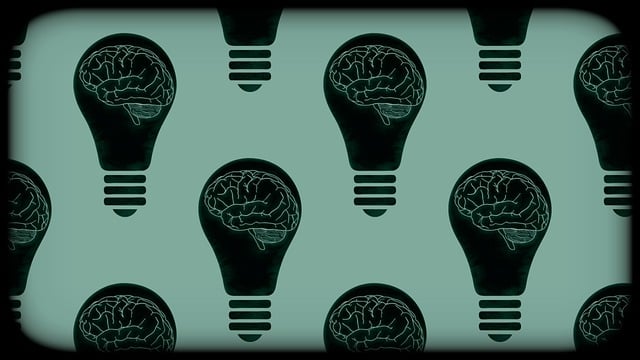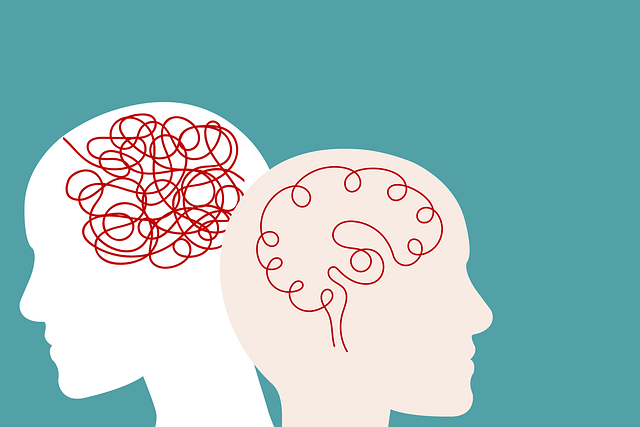Understanding young children's unique mental health needs is key to designing effective education programs. Integrating mindfulness practices, such as guided meditation and breathing exercises, into these programs fosters resilience, emotional regulation, and overall well-being. Tailored stress reduction methods, creative outlets like journaling, and storytelling exercises help children identify and manage their emotions, enhancing mental health awareness. This holistic approach not only improves academic performance but also creates supportive classroom environments where children can safely delve into their emotions through mindfulness-based coaching programs.
Mental health education is crucial for nurturing young minds. This article explores strategies to design comprehensive programs addressing the unique mental health needs of children. We delve into understanding the intricacies of young children’s psychological well-being, with a focus on early intervention. Key aspects include integrating mindfulness practices in educational settings and creating effective therapy programs tailored for young learners. By combining these approaches, educators can foster resilience and promote healthy development in children.
- Understanding Young Children's Mental Health Needs
- Integrating Mindfulness Practices in Education
- Designing an Effective Therapy Program for Young Learners
Understanding Young Children's Mental Health Needs

Understanding Young Children’s Mental Health Needs is a critical first step in designing an effective education program. Young minds are incredibly receptive and adaptable, but they also face unique challenges that can impact their mental wellness. Early childhood is a period of rapid development where experiences shape brain architecture and emotional responses. Thus, incorporating therapy for young children, such as mindfulness exercises, becomes essential in fostering resilience and coping mechanisms.
This age group often struggles with regulating emotions, understanding social cues, and expressing themselves verbally. Therefore, the program should include stress reduction methods tailored to their age, like guided mindfulness practices or simple breathing exercises. Additionally, Mental Wellness Journaling Exercises can be a creative outlet for children to explore and communicate their feelings. Self-Awareness Exercises that use storytelling or play can help young learners identify and manage their emotions, paving the way for improved mental health awareness and overall well-being.
Integrating Mindfulness Practices in Education

Integrating mindfulness practices into education is a powerful approach to fostering mental wellness in young minds. Mindfulness, an ancient concept gaining modern prominence, offers children valuable tools to manage stress and emotions. By incorporating simple yet effective mindfulness techniques like deep breathing exercises, meditation, and body scans, educators can create calm spaces within the classroom. These practices not only enhance focus and attention but also contribute to the development of inner strength and resilience in students.
This strategic integration goes beyond mere relaxation; it equips young learners with crisis intervention guidance, enabling them to navigate emotional challenges with greater ease. The benefits extend to improved academic performance and social interactions as children learn to regulate their emotions effectively. As a result, schools become environments that promote not just academic success but also the holistic development of mental wellness coaching programs, ensuring the well-being of each student.
Designing an Effective Therapy Program for Young Learners

Designing an effective therapy program tailored for young learners is a delicate process that requires a deep understanding of childhood development and mental health. The goal is to create an engaging, age-appropriate environment where children can explore their emotions, build resilience, and develop essential coping mechanisms. Incorporating mindfulness practices has emerged as a powerful tool in this context. Through simple exercises like guided meditation or mindful breathing, young learners can enhance their self-awareness and learn to regulate their emotions effectively.
Empathy building strategies play a pivotal role in fostering supportive connections within the program. Teaching children to recognize and understand emotions in themselves and others promotes a sense of belonging and empathy. Public awareness campaigns development can also be integrated to educate families and caregivers about mental health, breaking down stigma and encouraging early intervention. Additionally, burnout prevention strategies for healthcare providers are essential to ensure sustainability and maintain high-quality care within the program.
Mental health education programs that incorporate mindfulness practices and tailored therapy sessions can significantly benefit young children’s overall well-being. By understanding their unique mental health needs, educators can create supportive environments fostering resilience and emotional intelligence. Integrating mindfulness techniques into daily routines enhances self-awareness and stress management skills, while specialized therapy programs address specific challenges. Equipping both students and teachers with these tools enables early intervention and promotes a healthy development trajectory for young learners, ensuring they receive the necessary support for their mental health and academic success.









